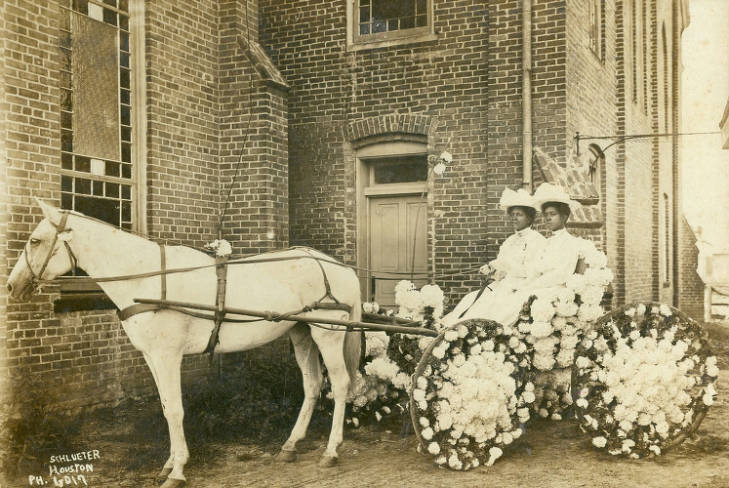First posted to the TPS Teachers Network by Laurie Risler, and published as an Emerging America blog post on February 5, 2021 with the title, Using History's Mysteries to Teach African American History (guest post).
Update: in 2022, iCivics incorporated Laurie Risler and Kelley Brown's groundbreaking elementary inquiry curriculum into their array of teaching resources under the name Private i History Detectives. All of the lessons linked below have an updated version available, and you will find a link to the Private i site at the top of each page when you connect to the 2021 versions in the original text of the blog post. The Private i Juneteenth lesson on the iCivics site is here.
by Laurie Risler and Kelley Brown (see bios on Emerging America Team page)
In the classroom I am continually reminded that the most important question to teach students to ask is, “Whose voice is missing?” I also remind myself to ask, “How do I make all voices central to the curriculum and not only add them in the periphery?” For too long the voices missing have been the voices of women and people of color. At History’s Mysteries we strive to include those stories so students can begin to ask their own questions about perspectives, power, and the problem with “single stories.” Our History’s Mysteries curriculum weaves in many voices. We invite students to ask questions about power and perspective.
Here is a little window into what History’s Mysteries has to offer to help you teach about African American History:
We begin in Kindergarten with students learning about holidays. Students learn about traditional civic and religious holidays with a culminating mystery on the story of Juneteenth. Students learn how this holiday is finally being recognized as a civic holiday in many states but also how it has been celebrated in the African American community since 1865.
In our first grade discussion of leadership, we look at George Washington as the first President but then explore the leadership of Ona Judge, an enslaved woman who ran away from Washington’s family. Both of these lessons focus on agency of people who had little protection at the time they acted.
During the study of migration and immigration in second grade we study push and pull factors through multiple lenses including immigration, refugees and a final mystery on The Great Migration where students look at images of and letters from African American migrants seeking a better life and opportunities.
Using Fredrick Douglass’s own words, we help provide a platform for third graders to explore why an enslaved person would not choose to celebrate the Fourth of July. Students analyze his famous “What to the Slave is the Fourth of July?” to think critically about our nation’s biggest celebration and how so many people were denied that freedom and liberty.
In grade 5 students look at the Transatlantic Slave Trade through a unit that examines the story of Kossula Cudjo Lewis and his journey from freedom in West Africa, through his experiences of slavery, and to freedom once again. The grade 5 unit emphasizes telling the story of enslavement and freedom through the voices of the people-- their struggles, agency, oppression, and strengths. The unit ends with students considering why learning about slavery today matters and how they can be a part of civic action and responsibility.
At History’s Mysteries, we are working hard every day to create more curriculum that allows students to have both windows and mirrors into the curriculum. We want to help students learn about the past in order to better understand themselves and their future goals.
(Published in the TPS Teachers Network: https://tpsteachersnetwork.org/historys-mysteries-historical-inquiry-fo…)




